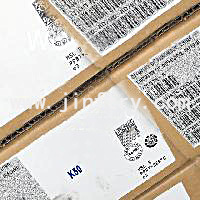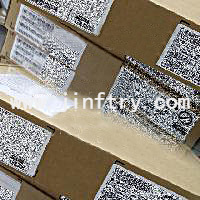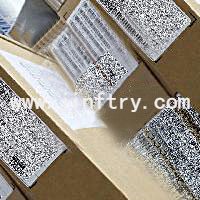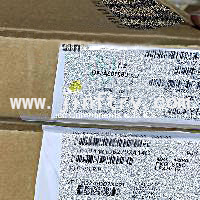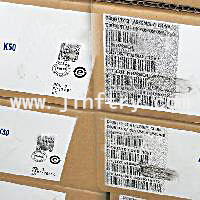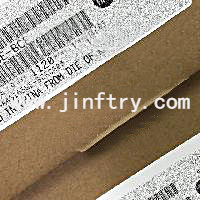What is a Film Capacitor?
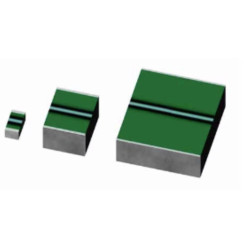
What is a Film Capacitor?
Film capacitors, also known as plastic film capacitors, are capacitors with metal foil as electrodes, overlapping them with plastic films such as polyethylene, polypropylene, polystyrene or polycarbonate from both ends and winding them into a cylindrical structure. According to the type of plastic film, it is called polyethylene capacitor (also known as Mylar capacitor), polypropylene capacitor (also known as PP capacitor), polystyrene capacitor (also known as PS capacitor) and polycarbonate capacitor.
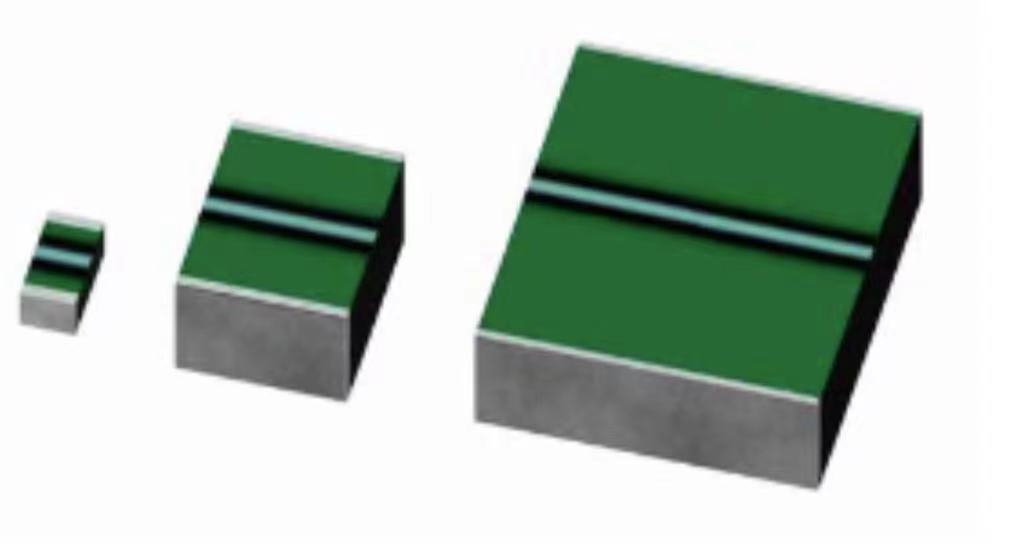
Basic parameters of film capacitor
Rated DC Voltage: is the DC voltage that is allowed to be applied continuously over the entire temperature range.
Test voltage: The voltage applied to the capacitor during the pre-factory form test of the capacitor is generally 1.5~2 times, and the duration is 2 minutes or 500 hours.
Dielectric strength: The voltage that the capacitor's dielectric can withstand, which is higher than the test voltage.
Classification of film capacitors
1: According to the type of plastic film, it is also called:Polyester capacitors (also known as Mylar capacitors, polyester capacitors)
Polypropylene capacitors (also known as CBB capacitors)
Polystyrene capacitors (also known as PS capacitors)
Polycarbonate capacitors
2: According to the classification of electrode form, it is divided into:
Foil capacitors and metallized film capacitors
How film capacitors work?
The working principle of film capacitors is mainly based on the basic principle of capacitors, which is to store electrical energy by creating an electric field between two conductors.
Structure of film capacitors
Its structure mainly includes the following key parts:Dielectric: The dielectric of film capacitors is mainly plastic film, such as polyethylene, polypropylene, polystyrene or polycarbonate, etc., which have good insulation properties and stable electrical properties.
Electrode: The electrode of film capacitors usually uses metal foil, such as aluminum foil, and sometimes vacuum evaporation is used to form a thin layer of metal on the plastic film as the electrode, and this electrode material has good conductivity.
Construction: Film capacitors are made by overlapping metal foil electrodes and plastic film from both ends and winding them into a cylindrical structure, which makes film capacitors have high capacitance density and excellent electrical properties.
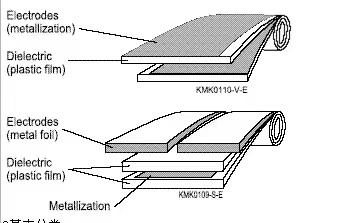
What are film capacitors used for?
(1) Film capacitors function the same as all capacitors, that is, they play the role of holding charges.
(2) Compared with other general capacitors, film capacitors are excellent performance capacitors due to their many excellent characteristics. Its main characteristics are as follows: non-polarity, high insulation resistance, excellent frequency characteristics (wide frequency response), and low dielectric loss.
Are film capacitors better than electrolytic capacitors?
Film capacitors will be better than electrolytic capacitors.First of all, electrolytic capacitors have a low rated voltage (usually ≤ 450V), and in order to obtain a higher withstand voltage level, it is usually necessary to use them in series, and the problem of voltage equalization must be considered in the series connection process. The single voltage of film capacitors can reach up to 20kV, and there is no need to consider the problem of series connection in medium and high voltage frequency conversion applications, of course, the connection problems such as voltage equalization, and the corresponding cost and manpower do not need to be considered.
Secondly, the ripple current resistance of metal film capacitors can reach ten to dozens of times of the rated ripple current of electrolytic capacitors of the same capacity, and electrolytic capacitors usually use larger capacitance to meet the requirements in order to achieve higher current resistance, and larger capacity is an unnecessary waste of cost and installation space.
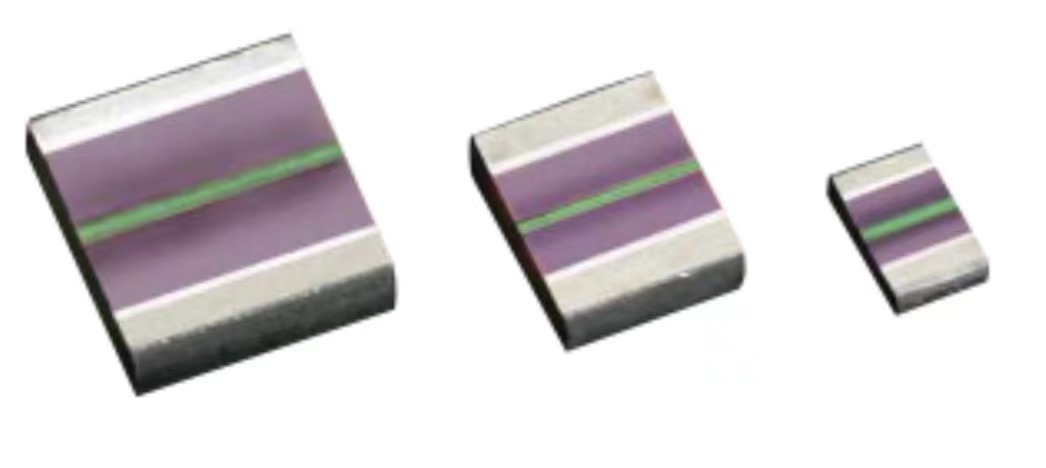
Can I use film capacitors instead of ceramics?
Whether it can be replaced depends on the role of the circuit used, generally high-end products use film capacitors, low-grade or high-frequency ceramic capacitors.What is the lifespan of a film capacitor?
It is difficult to have a fixed answer to this, even if it is the same batch of film capacitors, if it is used in different occasions, its life will be very different, under normal circumstances, the life of different types of film capacitors will be different, about 5 to 10 years old.What are the reasons that affect the life of film capacitors?
1. There are many factors that determine the life of the film capacitor, among which the most influential is the temperature of the film capacitor when it is used. Therefore, if you want to make the service life of film capacitors longer, you should do a good job of heat dissipation of the entire circuit, and at the same time choose high-temperature resistant film capacitors.
2. The voltage level of the capacitor: The voltage level of the capacitor determines its service life. In general, the service life of a capacitor is inversely proportional to its voltage level, and the higher the voltage level, the shorter the service life.
3. Working current: Excessive working current will cause overheating, which will accelerate the aging and failure of the capacitor.
What are the causes of film capacitor damage?
These include self-healing and non-healing damage.A: Due to raw materials and manufacturing processes, the early damage of film capacitors is mostly due to manufacturing reasons.
Because there may be impurities in the medium in the manufacturing process, mechanical damage, pinholes, low cleanliness and other problems, it will cause overvoltage, overcurrent and surrounding high and low temperature problems, these problems will lead to the breakdown of the weak point of the film capacitance, and the breakdown usually produces sparks, further expanding the range, thus forming a multi-layer short circuit or even the entire component short circuit, and the voltage on the component in series with the breakdown element will increase, so that the voltage on the remaining group will increase, and the current through each element will also increase. This series of reactions will lead to the rapid aging of the individual components and increase the heat generation.
At the same time, under the action of higher voltage, the partial discharge of the edge of the plate will also be generated, after a certain period of time, the film capacitance of the whole group connected in series with the faulty component will be broken down one after another, and there will be a new group to be connected, the number of groups will be further reduced, the component voltage will be further increased, the overcurrent phenomenon will be more serious, the medium will be further deteriorated, the temperature will be further increased, and the arc will be further increased, so that the component is damaged more and more, and the expansion of the box shell is more and more serious.
What are the applications of film capacitors?
Film capacitors play an important role in several fields due to their unique physical and electrical properties. Here are some of the main application areas:
1. Communication industry: film capacitors are widely used in communication equipment because of their high-frequency characteristics and stability to ensure the stable operation of the equipment and the accuracy of data transmission.
2. Household appliances: In various household appliances, film capacitors are used for filtering, voltage stabilization and energy storage to improve the performance and reliability of equipment.
3. Medical equipment: Medical equipment has extremely high requirements for electrical performance, and the high stability and long life of film capacitors make them an ideal choice in medical equipment.
4. New energy vehicles: In the field of new energy vehicles, film capacitors are mainly used for on-board inverters, on-board chargers (OBC) and charging piles. The inverter converts the high-voltage direct current output from the battery into alternating current for the electric vehicle's motor operation, while the on-board charger and charging pile require efficient filtering and DC support capacitors.
5. Electric power and electrified railway: In the electric power and electrified railway system, film capacitors are used for filtering, voltage stabilization and energy storage to ensure the stable operation of the power system.
6. Hybrid electric vehicles, wind power generation, solar power generation: In these fields, film capacitors are used for energy storage, filtering and voltage regulation to improve energy efficiency and system stability.
Statement
All articles (images, texts, audio) on this site are uploaded and shared by users, or integrated from relevant internet sources, only for user's learning. If your rights are violated, please contact the administrator to delete! Link to this article: https://www.jinftry.com

